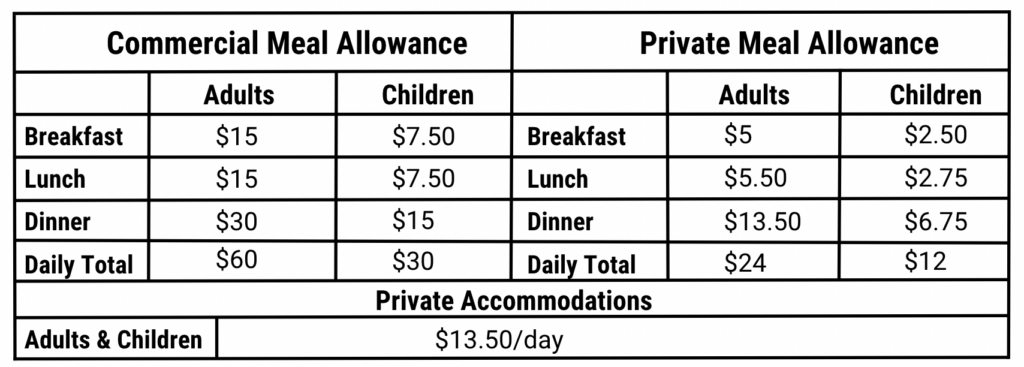NIHB – Medical Transportation Quick Facts
The Patient Medical Travel Program (Patient Travel) is a Non-Insured Health Benefit that provides funding to registered First Nations and recognized Inuit persons to access medically required health services in the nearest appropriate health facility. The most economical and efficient means of transportation is to be used, considering the urgency of the situation and the condition of the client.
Non-medical escorts are covered if:
- The client is under the age of 19
- The need for an escort is pre-approved (written format and falls within approved criteria as a benefit exception)
- The client has a physical/mental disability requiring assistance with activities of daily living
- The client requires assistance with activities of daily living because of their current medical condition
- The client needs a translator if translation services are not provided at the health facility
- A family member requires instruction on medical procedures that cannot be given to the client alone
- Escorts are not provided for clients who are in the care of a hospital or long-term care facility for more than three days
- There are no prior violations of the No Tolerance Policy
Please note:
Requests for one (1) escort can be completed by a referring physician, nurse practitioner (NP), nurse in charge (NIC), patient coordinator (PCC), or registered nurse (RN)
Requests for two (2) escorts can only be completed by referring physician or NP
Requests for “Permanent Escort Letters” can be signed by a physician, NP or PCC
Compassionate travel is not a benefit and includes situations like:
- Clients over 19 who are inpatients of a hospital, care facility, or rehabilitation facility
- Clients who do not have a driver’s license and cannot drive
- Clients who are nervous about flying or do not want to travel alone
- Clients who want emotional support
Services not provided as benefits and are not appealable:
- Compassionate travel
- Child care purposes
- Travel for clients in the care of federal/provincial institutions
- Court-ordered treatment/assessment or as a condition of parole
- Travel for clients residing off reserve where appropriate health services are provided
- Travel for third-party requested examinations
- Return trips home in case of illness while away from home other than approved medical travel
- Travel to pick up prescriptions or vision care
- Payment of professional fees for Dr.’s notes or document preparation
- Transportation to adult day care, respite care, and interval/safe houses
Meals and accommodations:
Benefits may include assistance with meals and accommodation. When a trip includes an overnight or extended stay, the most economical and efficient accommodation is chosen. When accommodation and meals are provided all other expenses are the responsibility of the client (e.g. telephone, movies, tips, and property damage).

